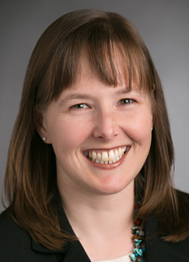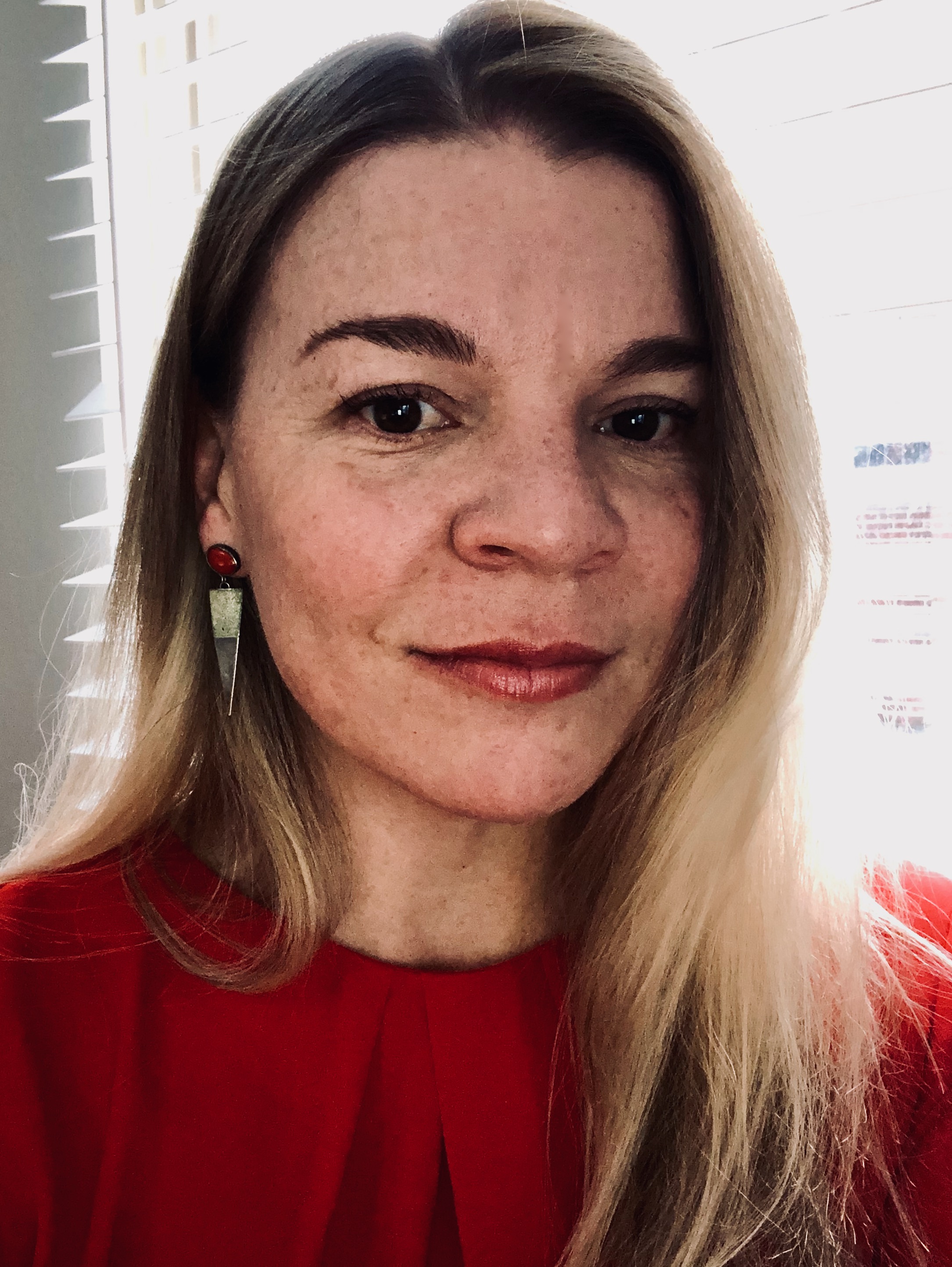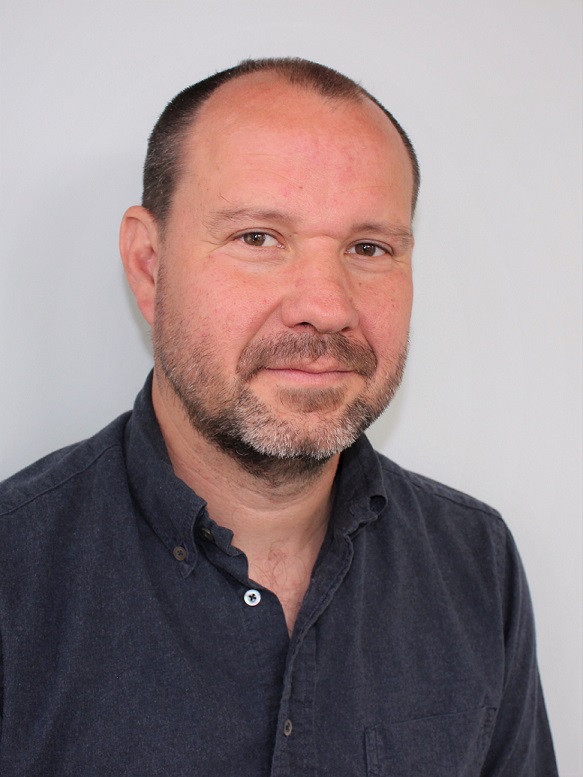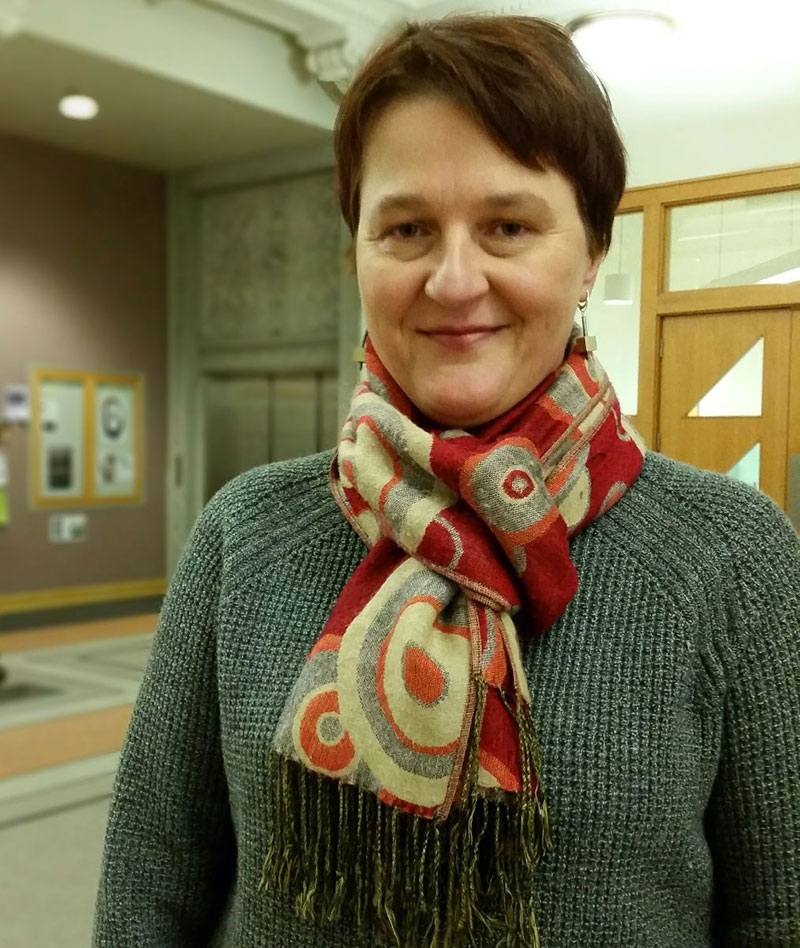Past fellows
2023-2024 Fellows

Kirsten Carlson, Professor, Law and Adjunct Professor of Political Science
Title: Indigenizing Outcomes: Improving Impact Measurement for Indian Legal Services
Description: Project Description: Dr. Carlson is investigating the gaps in existing measures of outcomes and impacts for legal services delivery in Native communities in the United States. Her work integrates sociolegal theories with Indigenous worldviews to develop an innovative relational theory of legal effectiveness that reflects the values and experiences of Native communities served by legal services programs. She is collaborating with Michigan Indian Legal Services, which provides legal services to Native Americans throughout the state of Michigan, to develop, pilot, and evaluate the use of measures of impacts and outcomes informed by a relational theory of legal effectiveness. The goal is to improve access to justice by providing legal services programs with ways to measure social, institutional, relational, and generational impacts and outcomes.

Lauren Duquette-Rury, Associate Professor, Sociology
Title: Naturalizing Under Threat in the Age of Immigration Enforcement
Description: As public debates about border security, national membership, and belonging rage on, more eligible immigrants are becoming American citizens to secure and protect their right to remain. A closer look, however, uncovers a set of perverse incentives driving naturalization in the United States. Even though few noncitizens believe membership in the national political community is synonymous with belonging or inclusion, acquiring citizenship protects oneself and one's family against the threat of deportation. Citizenship has come to mean protection for nonwhite immigrants who remain the primary targets of color-blind immigration policy. For others, citizenship is a critical insurance policy against the risk of harsher immigration reforms to come. While existing scholarship helps us understand what enables people to naturalize (i.e., resources, socioeconomic status, language ability), a comprehensive study of what factors motivate citizenship remains incomplete. Using rich archival texts, quantitative analysis of national and state naturalization rates from 1907 to 2018, and in-depth interviews with immigrants and community-based organizations across the U.S., Naturalizing Under Threat accounts for how citizenship becomes more resonant and valuable to immigrants in the contemporary age of interior surveillance and removal.

Andrew Newman, Associate Professor, Cultural Anthropology
Title: Empire's Garden: Anthropology and the Racialization of Vision in Fin-de-Siecle Paris
Description: His project for the Marilyn Williamson Fellowship is "Empire's Garden: Anthropology and the Racialization of Vision in fin-de-Siecle Paris." In this book project, Newman sheds light on a series of exhibitions held in Paris between 1877 and 1908 in which indigenous people from around the world were displayed for the public in "ethnographic shows". His study highlights the stories and experiences of the people who were featured in these exploitive exhibits while showing the ways that the displays influenced the emergence of anthropology as a discipline. Newman also examines the legacy of these exhibits for the
2020-2021 Fellow

Ewa Golebiowska
Project Title: "Membership in a stigmatized religious minority and political support: Nonbelievers running for office in the United States"
Nonbelievers, variously termed "atheists," "agnostics," "religiously unaffiliated," "nones," and "religion's other" are a fast-growing religious minority in the United States. Even though their ranks have been growing, prejudice toward them continues to be higher than toward almost any other religious minority in the country. Research using the survey design suggests that anti-atheist prejudice is linked with perceptions of atheists as immoral and untrustworthy. Some nascent experimental research explores how atheists are evaluated when they run for political office. In contrast, we do not know how other types of nonbelievers are evaluated when they run for political office and under what circumstances they earn more or less political support.
In this project, I examine how nonbelievers atheists and their fellow travelers are evaluated when they run for political office in the United States. Specifically, I experimentally examine several questions that build on existing scholarship. First, I investigate how the label used to describe a candidate's lack of religious beliefs is linked with political evaluation. Second, given that one's religious beliefs are generally invisible to the social perceiver, I examine how the timing and manner of disclosure of a candidate's religious identity influence voters' responses to her or him. Third, I investigate how the impact of a candidate's membership in a stigmatized religious minority and the timing and manner of its disclosure might depend on whether voters face the candidate in a primary election when they typically share their party identification with candidates on the ballot or a general election when voters face the candidates from across the partisan spectrum. Finally, I consider how voters' own religiosity, partisanship, right-wing authoritarianism, and egalitarianism condition all these effects.
2019-2020 Fellows
Ljiljana Progovac, Professor, English
Project Title: "Language Evolution, Self-Domestication, and Verbal Aggression"
Over the past twelve years I have been developing a theory of language evolution, focusing on grammar (syntax). My work on the reconstruction of proto-grammar has been published in several journal articles, as well as two single-authored books (Evolutionary Syntax, Oxford University Press, 2015, and A Critical Introduction to Language Evolution, Springer Expert Briefs, 2019). This work leads to a surprising hypothesis that the reconstructed early grammars were especially suitable for the expression of colorful derogatory language, i.e. insult. This finding led to the cross-fertilization with Dr. BenÃtez-Burraco's work, which considers cognitive disorders in the light of the self-domestication hypothesis of human origins. This cross-fertilization brings together verbal aggression of my proposal, and the gradual reduction in (reactive) physical aggression in humans, taken to be the hallmark of self-domestication.
Dr. BenÃtez-Burraco and I are now working on several joint papers and projects, including co-editing a special journal issue of Philosophical Transactions of Royal Society B on the theme of Reconstructing Prehistoric Languages. We have also been invited to contribute a chapter on the biology of language for the Cambridge Handbook on Minimalism. Last year I gave thirteen lectures on the topic of language evolution, including at MIT; Harvard; Tokyo and Kyoto, Japan; PoznaÅ„, Poland; Crete, Greece; Pavia, Italy; Leipzig, Germany. My goal is to further influence the trajectory of developments in this fast-moving field, ultimately contributing to a better understanding of language and cognitive disorders, as well as of what made us human in the process of evolution.
Nicole Trujillo- Pagan, Associate Professor, Sociology
Project Title: "American Dreams, Latina/o/x Realities: Remapping the Relationship between Space, Race and Opportunity."
We take space for granted. We rely on the natural sciences to define the concept for us. What most often fail to consider is that both space and borders are cause and consequence of the social. In particular, borders are continually challenged and re-asserted as groups struggle to control or, alternately, access, and use space.
This project is focused on Latina/o/x youth, many of whom live in Southwest Detroit, who struggle to cross to cross a variety of socio-spatial border that impede their mobility. These struggles underscore how a local neighborhood is shaped in relation to regional, national, and international actors. I rely on a variety of ethnographic, administrative, and archival data to demonstrate how their struggles are mapped beyond abstractions like social mobility. I argue border struggles are fundamentally about how we think about and use space.